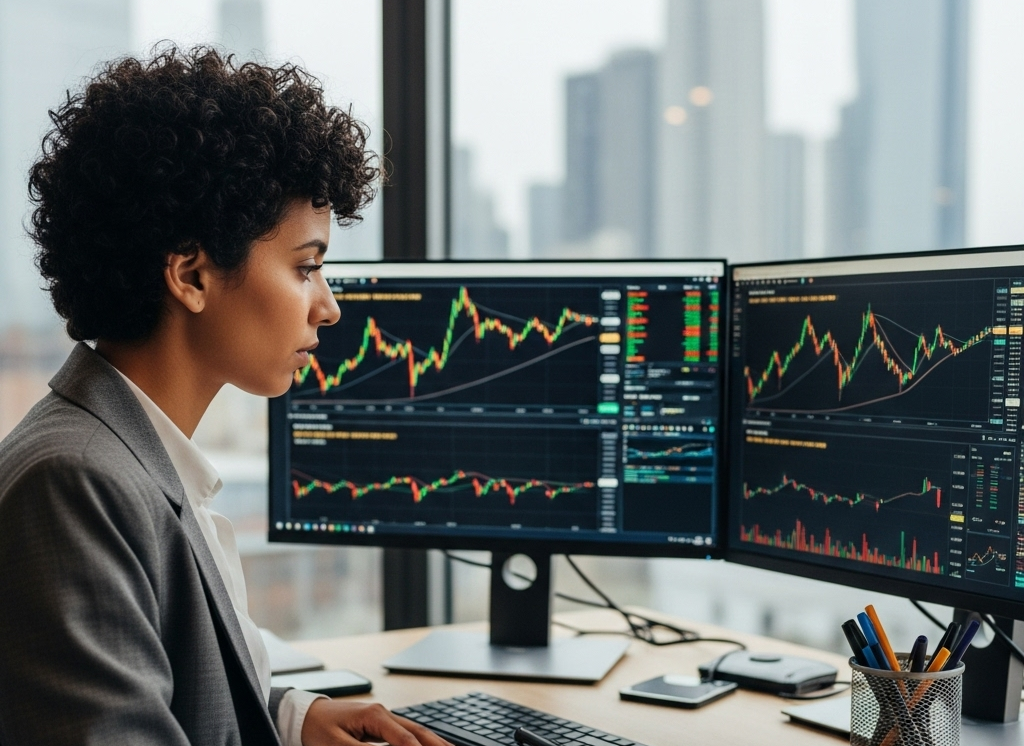A wave of caution swept through financial markets as investors began to question whether the global AI frenzy has run ahead of reality. Stocks across the United States, Asia, and Europe posted significant declines, with tech giants leading the downturn.
The Nasdaq fell roughly 2 %, while the S&P 500 lost just over 1 %, in one of the market’s worst sessions in a month. Investors who had poured into AI-linked companies began taking profits amid renewed warnings from major banks that a correction could be imminent.
Among the worst hit were members of the so-called “Magnificent Seven” – a group of major US tech firms whose valuations have soared on AI optimism. Nvidia, Apple, and Amazon each recorded losses, while data analytics firm Palantir fell nearly 8 %.
Analysts said the declines were amplified by short-selling activity. Michael Burry, famous for betting against the US housing market in 2008, disclosed short positions against Nvidia and Palantir, triggering investor anxiety. Palantir’s CEO Alex Karp publicly criticized Burry, saying short-sellers were “trying to undermine belief in the AI revolution.”
Asia mirrored the US sell-off, with Japan and South Korea suffering their steepest single-day declines in seven months. European markets, including London, Paris, and Frankfurt, also opened lower on Wednesday as investor sentiment weakened.
The broader concern is that AI investments remain concentrated in only a few firms, while the wider industry has yet to show tangible profitability. Analysts at Deutsche Bank noted that much of the recent market enthusiasm is built on future potential rather than current returns.
Meanwhile, the cryptocurrency market was caught in the crossfire. Bitcoin fell below $100,000 for the first time since June, marking its worst monthly performance in a decade. The drop signals a wider move away from riskier assets as investors brace for uncertainty.

